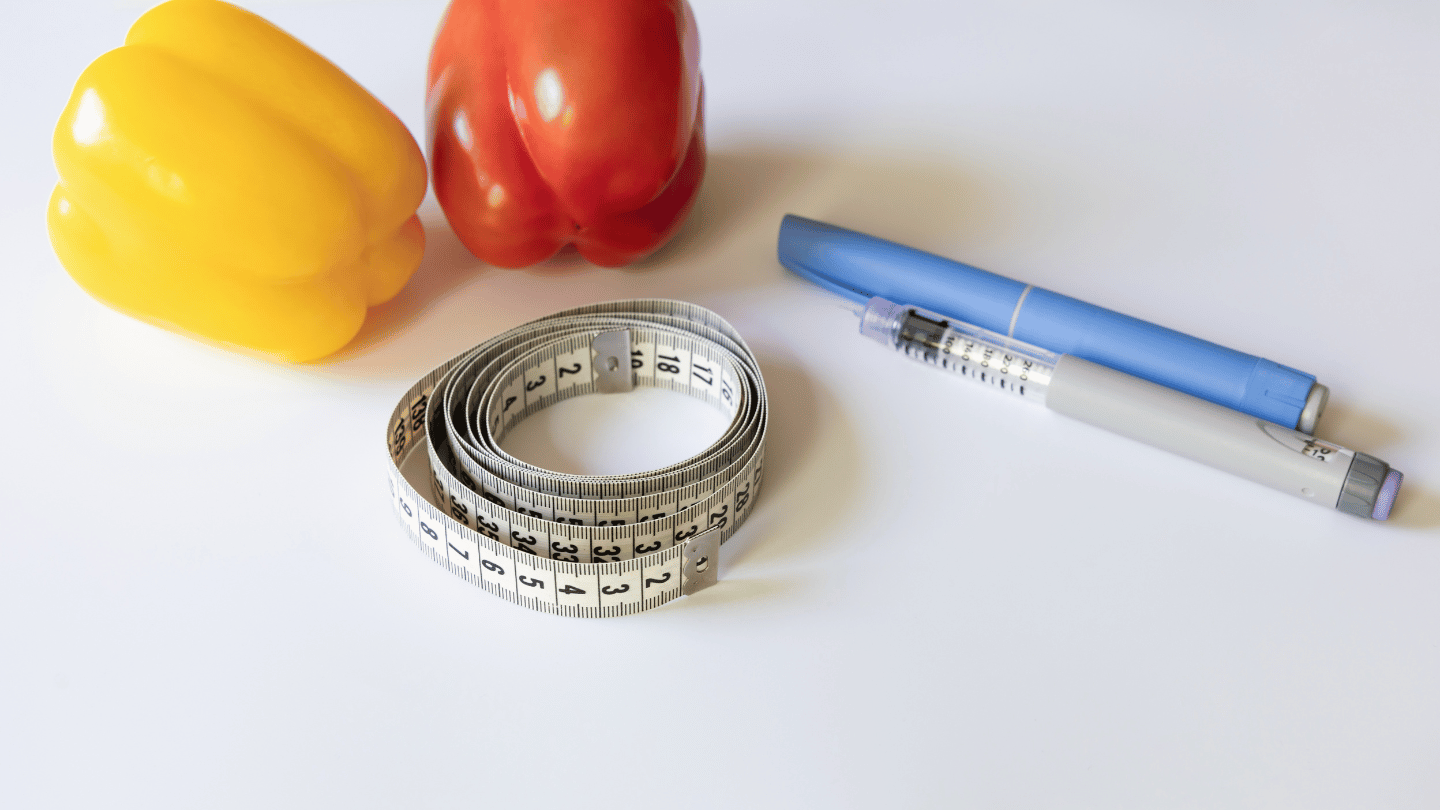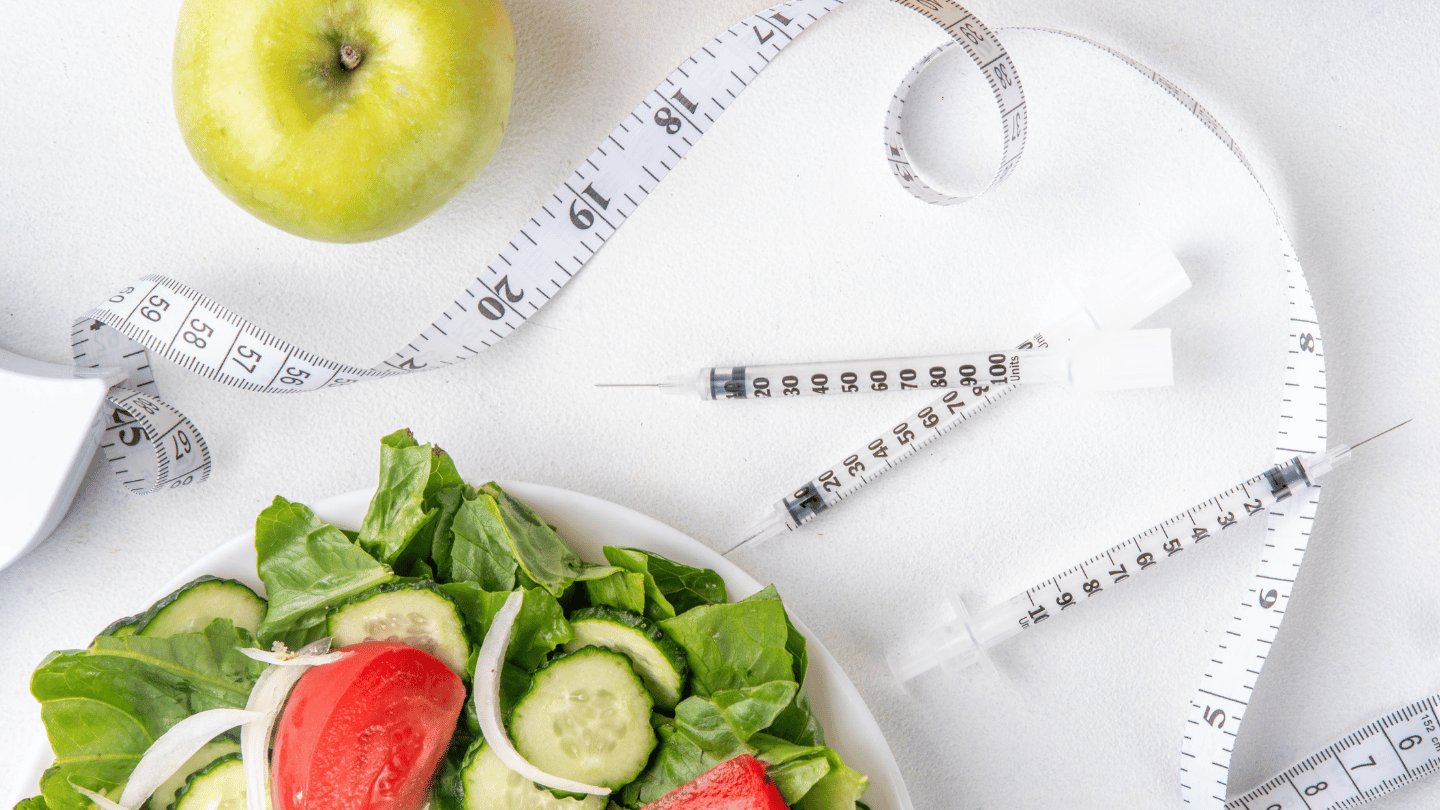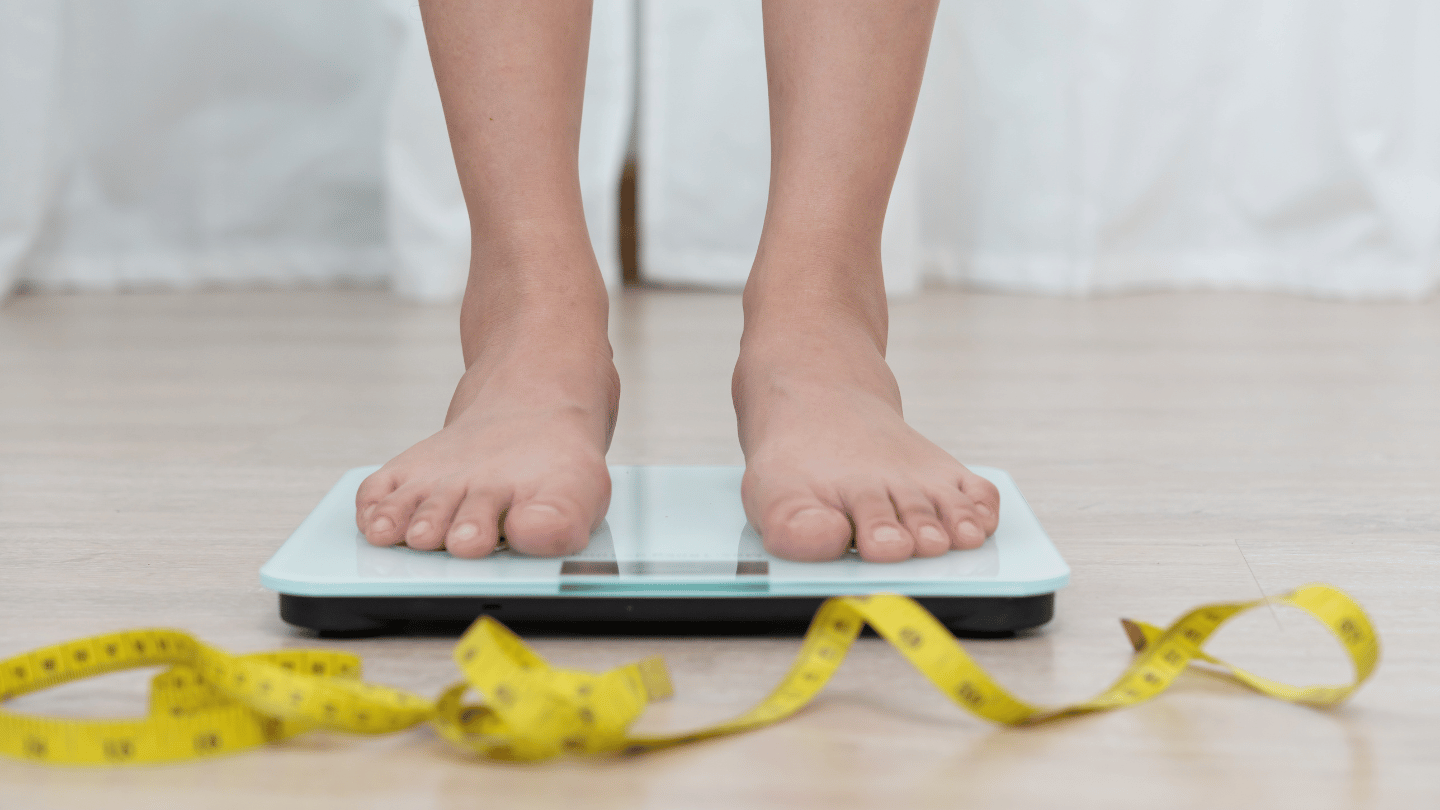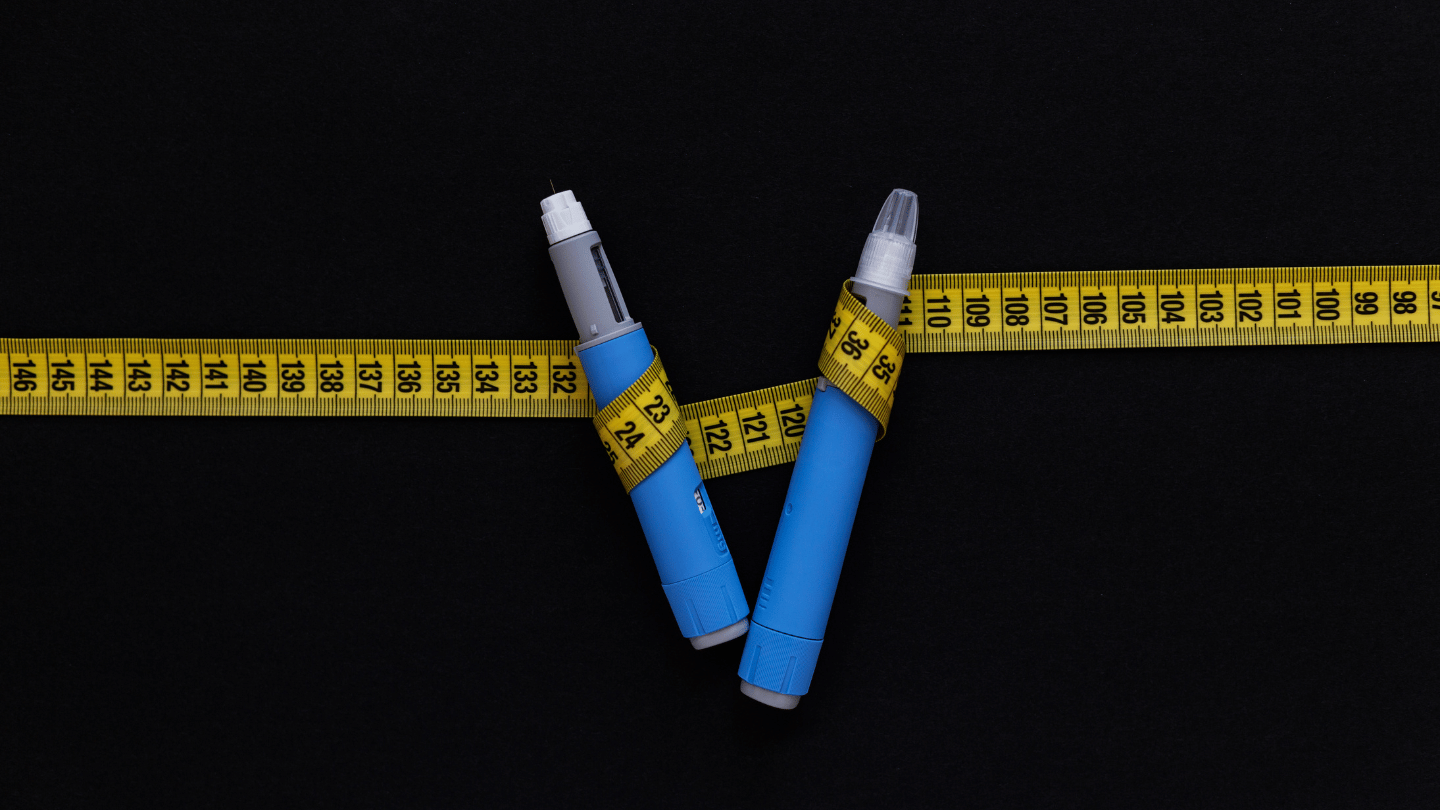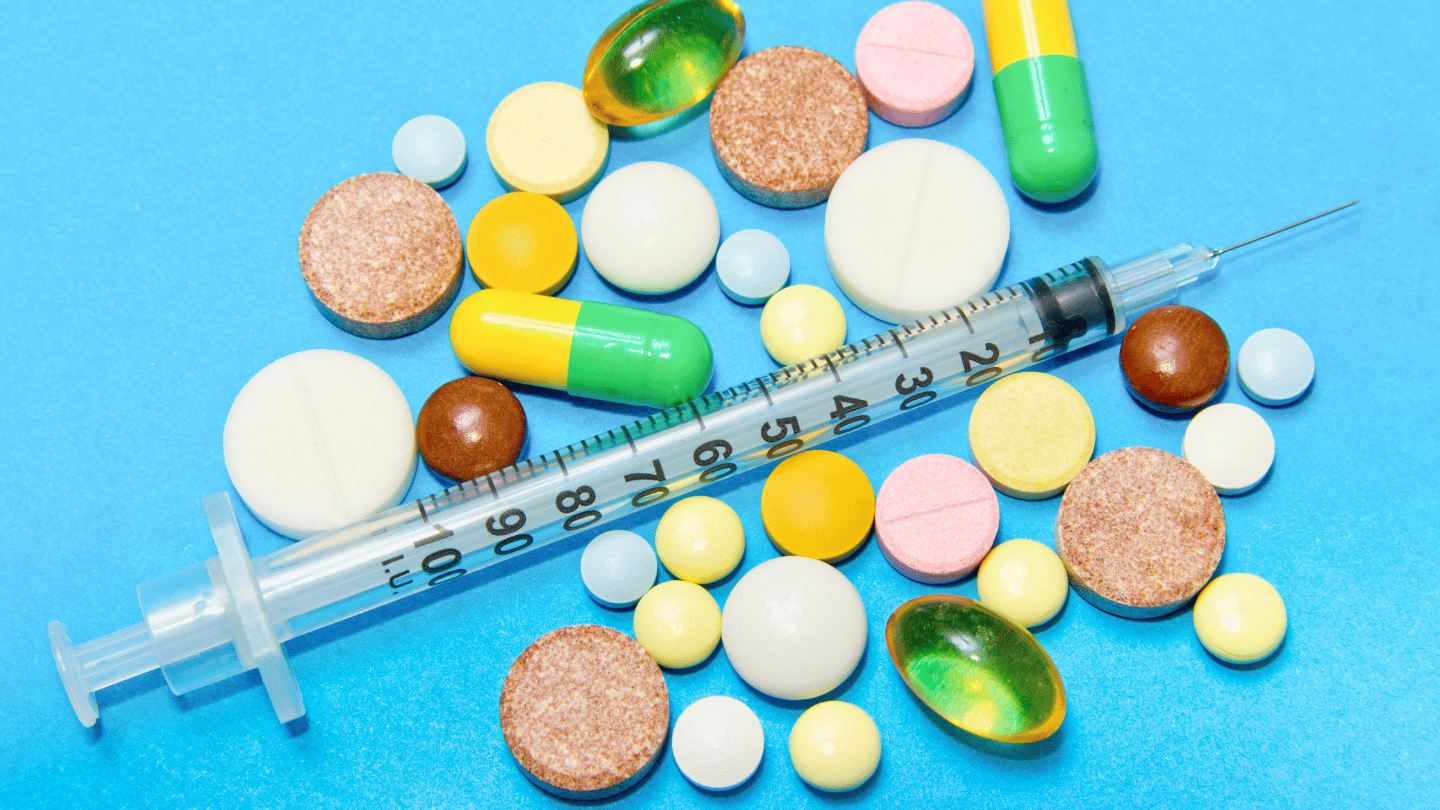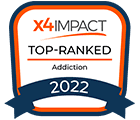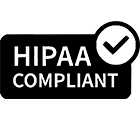Vitamin B12 is an essential vitamin, meaning that the body cannot synthesize it and must obtain it from dietary sources. Being water-soluble, it is not stored in the body and must be replenished daily. Vitamin B12 is crucial in producing red blood cells and supports the nervous system, including the brain.
When vitamin B12 levels are low, a condition called megaloblastic anemia can occur. This condition results in abnormally large red blood cells that are insufficient in number to carry oxygen throughout the body.
Additionally, the nervous system can be adversely affected by a B12 deficiency.
Symptoms of Vitamin B12 Deficiency
Signs and symptoms of vitamin B12 deficiency can include:
- Tiredness
- Blurred vision
- Difficulty concentrating
- Dizziness
- Weakness
- Difficulty walking
- Tremors and tingling
- Poor balance and staggering gait
Causes of Vitamin B12 Deficiency
Vitamin B12 deficiency can arise from various causes, including:
- Strict Vegan Diets: As B12 is primarily found in animal products, vegans may not get enough from their diet alone.
- Malabsorption: Conditions like celiac disease or Crohn’s disease can impair the absorption of B12.
- Lack of Intrinsic Factor: This protein, produced in the stomach, is necessary for B12 absorption. Its deficiency can lead to pernicious anemia.
- Low Stomach Acid Levels: Reduced stomach acid, often seen in older adults, can hinder B12 absorption.
- Post-Surgery: Weight loss or cancer surgeries that remove part of the stomach or intestines can affect B12 absorption.
- Helicobacter Pylori: This bacterial infection in the stomach can interfere with B12 absorption.
Sources of Vitamin B12
To prevent deficiency, including B12-rich foods in your diet is important. These include:
- Fortified cereals, veggie burgers, and soy products
- Dairy products
- Eggs
- Meats
Supplementation for Vitamin B12 Deficiency
Vitamin B12 supplementation is another effective alternative. According to the National Institutes of Health, the recommended daily allowance (RDA) for vitamin B12 is 2.4 micrograms per day. For individuals unable to absorb the vitamin through their diet, injections are available and can effectively maintain adequate levels of B12 in the body.
Getting Help for Vitamin B12 Deficiency
If you suspect you have a vitamin B12 deficiency, it’s essential to seek medical advice. QuickMD can help diagnose and treat vitamin B12 deficiency through telehealth consultations.
Don’t let a vitamin deficiency impact your health—reach out to QuickMD today.




